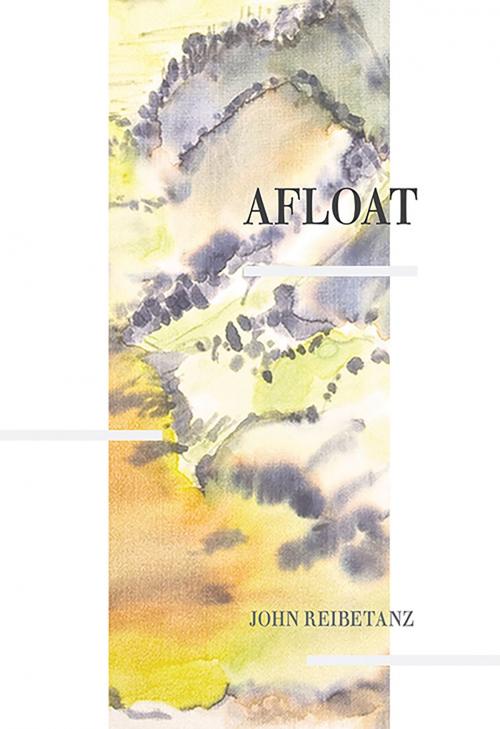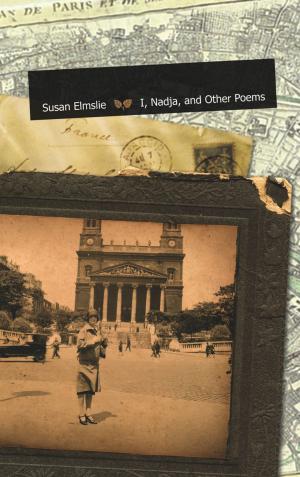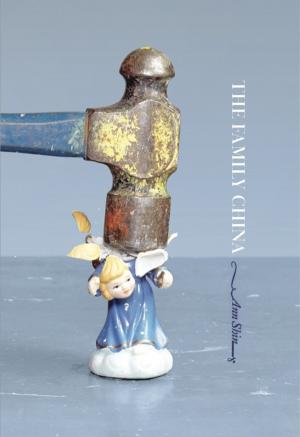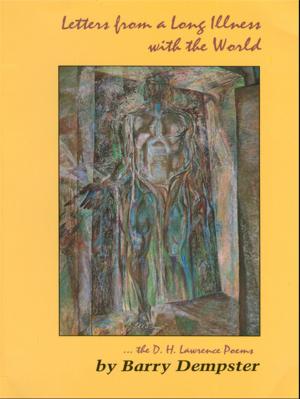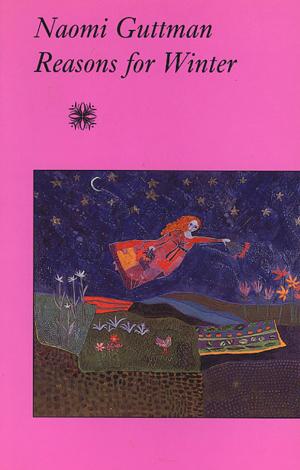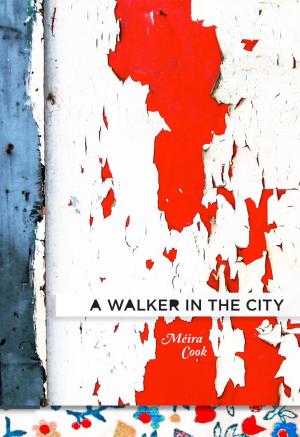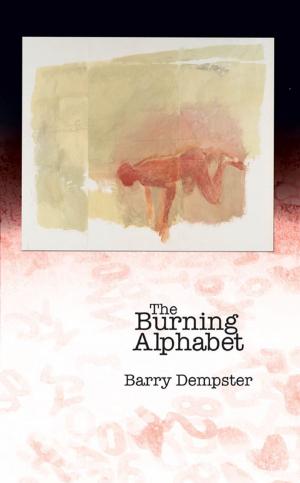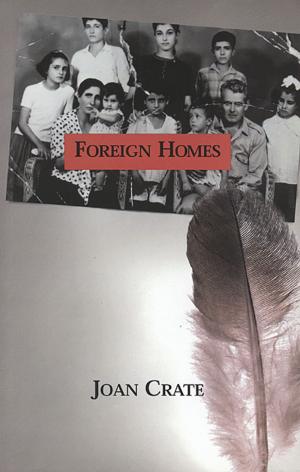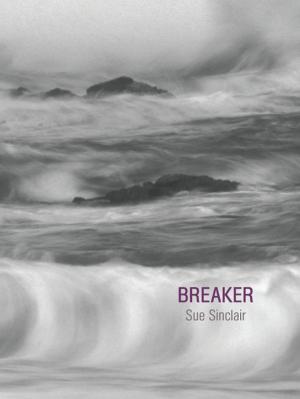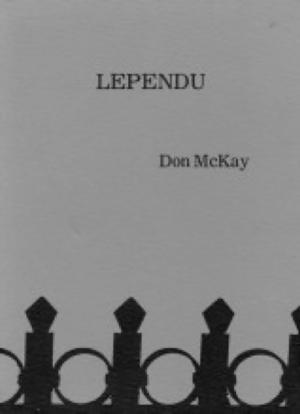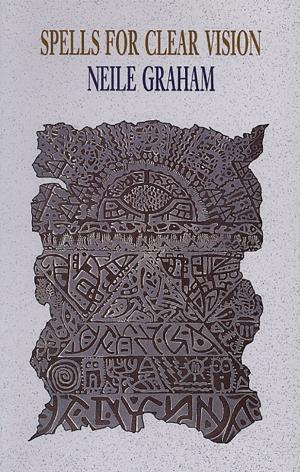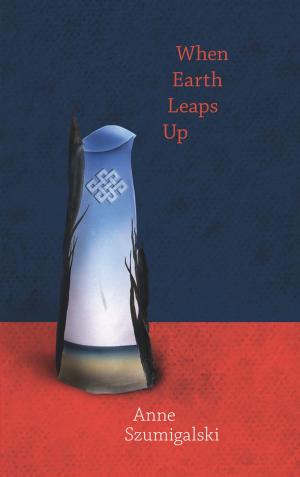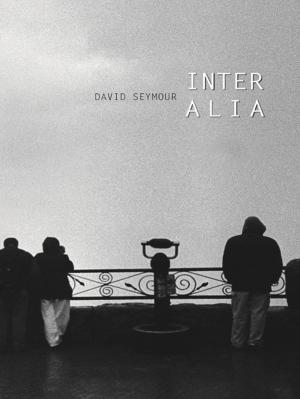| Author: | John Reibetanz | ISBN: | 9781771313919 |
| Publisher: | Brick Books | Publication: | February 6, 2015 |
| Imprint: | Brick Books | Language: | English |
| Author: | John Reibetanz |
| ISBN: | 9781771313919 |
| Publisher: | Brick Books |
| Publication: | February 6, 2015 |
| Imprint: | Brick Books |
| Language: | English |
Afloat, John Reibetanz's eighth collection of poetry, focuses on water in many manifestations. The centerpiece, a sequence on the Three Gorges Dam and its cultural and environmental implications, brings ancient Chinese sources (Meng Chiao and the painter Dong Yuan) together with modern ones (Edward Burtynsky's photographs and violent video games) to create an elegy that is moving and meditative. Although water is everywhere present as a subject, it is song that provides the motivating power, the vehicle of longing that animates the book. "We thirst for song"—the closing words of the Lament for the Gorges sequence—could really serve as the book's epigraph. This is poetry exercising its full range of possible functions (to observe, to enquire, to elegize, to imagine, to think, to commemorate, to yearn and to feel), all in the service of that "thirst for song."
Afloat, John Reibetanz's eighth collection of poetry, focuses on water in many manifestations. The centerpiece, a sequence on the Three Gorges Dam and its cultural and environmental implications, brings ancient Chinese sources (Meng Chiao and the painter Dong Yuan) together with modern ones (Edward Burtynsky's photographs and violent video games) to create an elegy that is moving and meditative. Although water is everywhere present as a subject, it is song that provides the motivating power, the vehicle of longing that animates the book. "We thirst for song"—the closing words of the Lament for the Gorges sequence—could really serve as the book's epigraph. This is poetry exercising its full range of possible functions (to observe, to enquire, to elegize, to imagine, to think, to commemorate, to yearn and to feel), all in the service of that "thirst for song."
